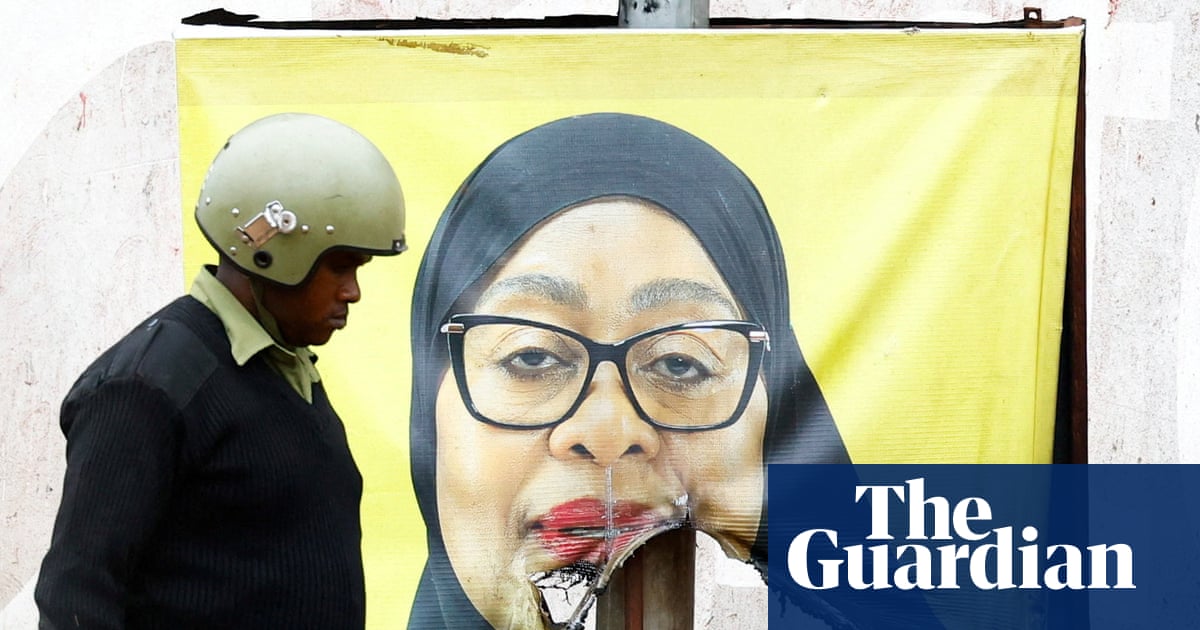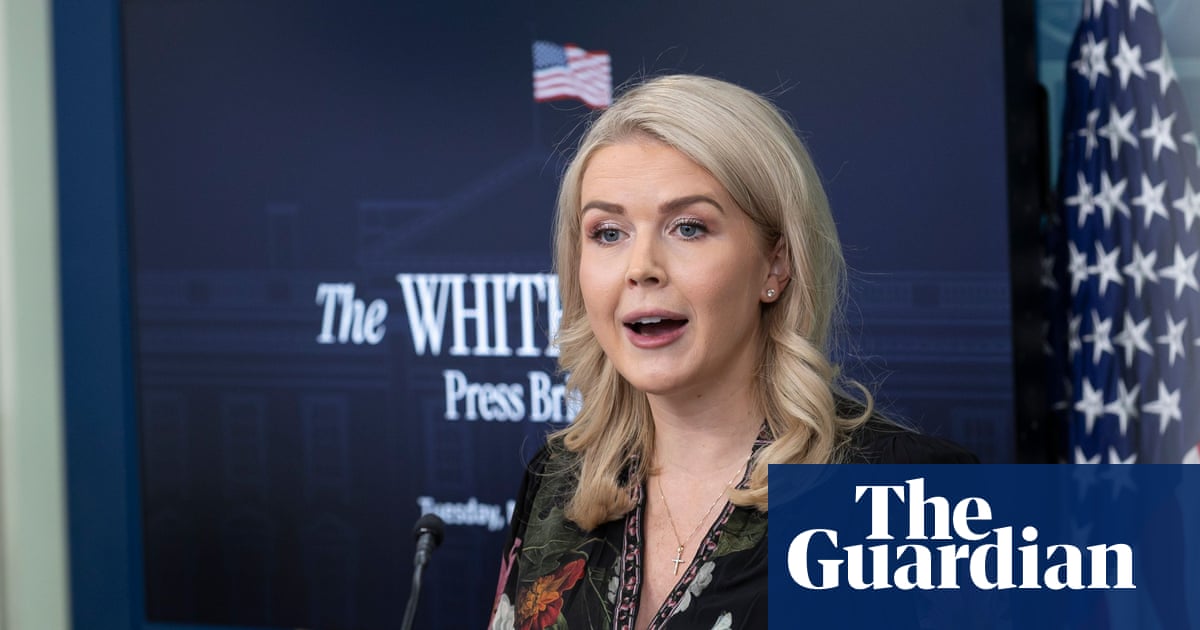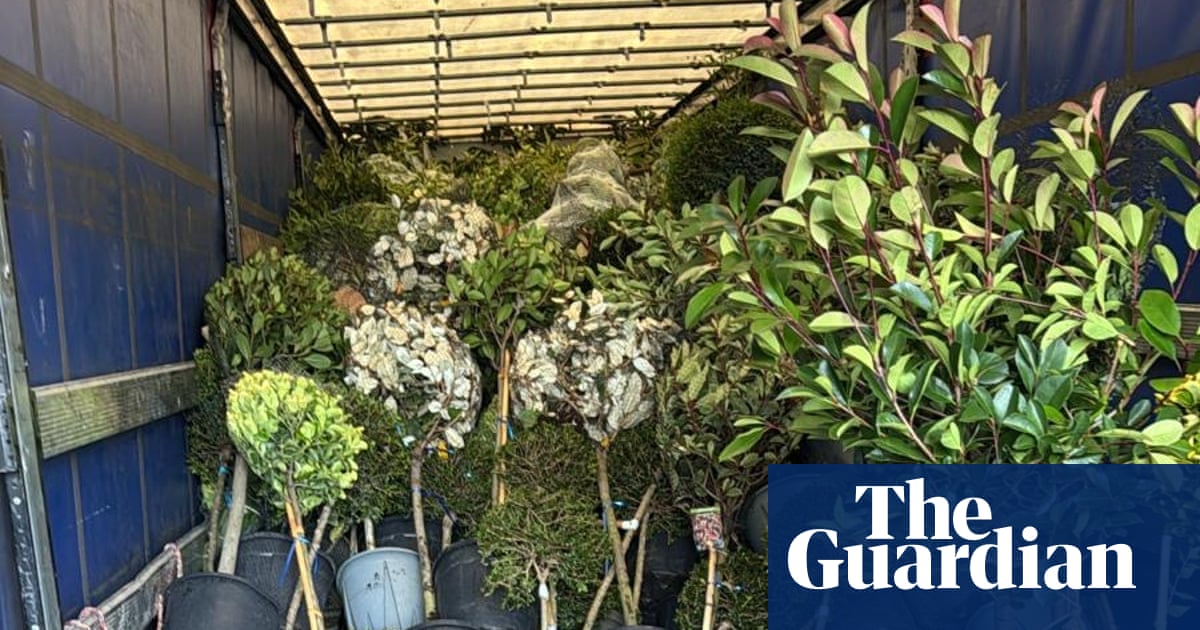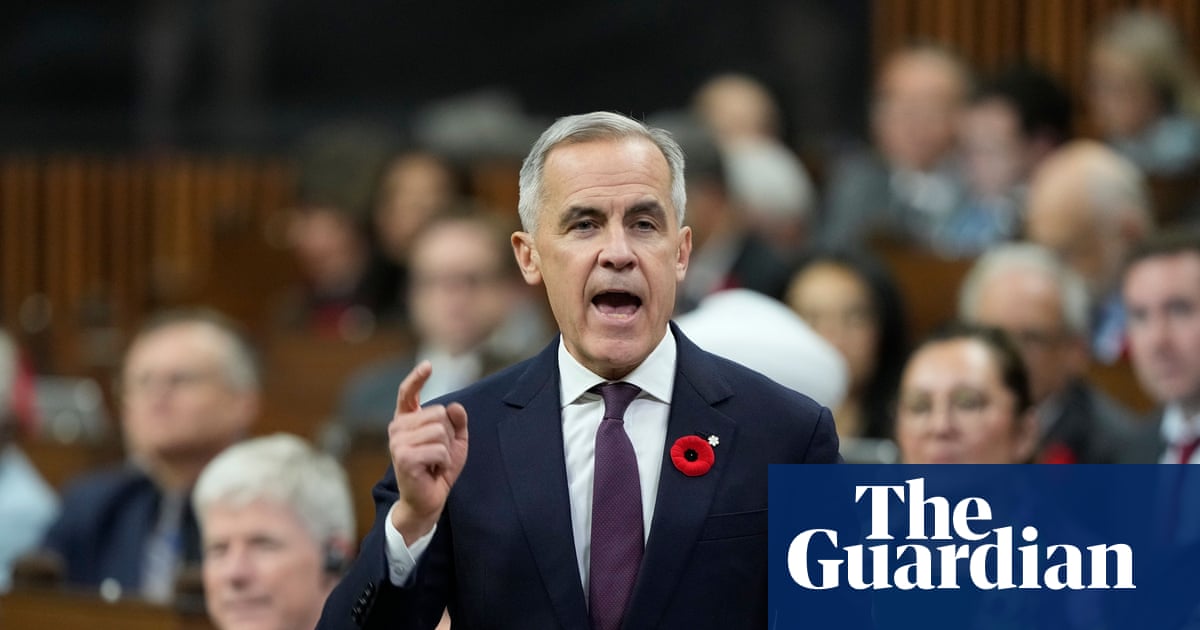The US wants countries to agree to hand over information on bugs that could cause large-scale disease outbreaks in return for restoring aid to tackle health problems such as HIV and malaria, according to government documents.
The Trump administration is seeking new bilateral aid agreements with dozens of countries, after an abrupt withdrawal from existing arrangements at the start of this year. The agreements form part of a new America First Global Health Strategy announced in September.
A draft template seen by the Guardian, to be used for memorandums of understanding with partner countries, offers funding to tackle diseases such as malaria, TB, HIV and polio, as well as for activities such as surveillance, and laboratory systems and electronic health records.
It suggests that countries will be expected to gradually take over funding these areas themselves over the course of the five-year agreements.
In return, it includes conditions requiring countries to share biological specimens and genetic sequences of “pathogens with epidemic potential” with the US, within days of their identification.
The move risks undermining global efforts to bring a new pandemic agreement into force and ensure countries get fair access to vaccines, treatments and diagnostics, advocates said.

A full specimen-sharing agreement – envisaged as a 25-year commitment – is still being drafted, the memorandum says, but there is no reference in the current document to countries receiving any specific benefits for sharing, such as guaranteed access to medicines developed as a result.
Access to those benefits proved a key sticking point in negotiations for the pandemic agreement, reached earlier this year, governing how the world will respond to future outbreaks. Developing countries fear a repeat of the Covid-19 pandemic when they struggled to access the vaccines and medicines that became available.
A decision on that element of pandemic response – a “pathogen access and benefit sharing” (Pabs) system – was pushed back for further negotiations. The system will form an annex to the main agreement, but must be in place before the agreement opens for signatures.
The draft memorandum and accompanying technical guidance also suggests that countries will be expected to recognise approval of drugs by US regulators as meeting domestic regulatory requirements, particularly where there are “large domestic markets [or] other strategic reasons”.
News of the draft US memorandum broke as country and civil society representatives gathered in Geneva for talks on the proposed Pabs system.
Michel Kazatchkine, on behalf of the Independent Panel for Pandemic Preparedness and Response, said: “In our view, these bilateral agreements will undermine the multilateral system. They will bypass the World Health Organization and the foundations of solidarity and equity we have been trying to build here.
“The template offers no guarantees of access to countermeasures and gives commercial dominance to one country. It threatens health security, data security and, ultimately, national sovereignty.”
In a statement, the Pandemic Action Network said: “We would like to underline the importance of this multilateral process and of investing in a system that can last, of countries pulling together.
“The origin story of these negotiations got us here: every country fighting for themselves became a race to the bottom – and those that suffered were the most vulnerable.”

 2 hours ago
7
2 hours ago
7

















































